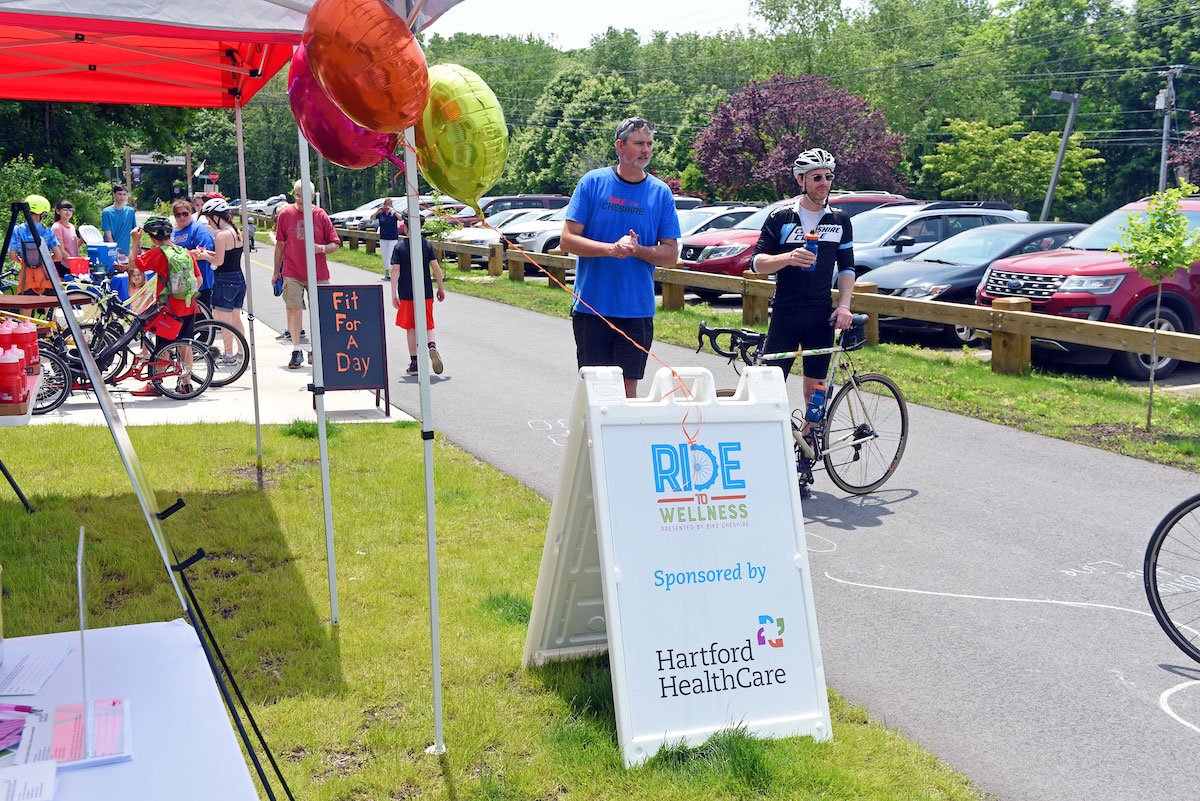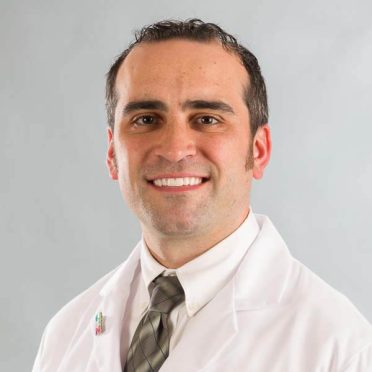Editor’s note: On Saturday, Sept. 21, Hartford HealthCare is sponsoring Ride to Wellness, a free bike ride with 10- and 25-mile routes through scenic Cheshire. The ride starts and ends at the new Hartford HealthCare HealthCenter at 280 South Main Street in Cheshire. For more information on the Ride to Wellness, click here.
By Dr. Duarte Machado
Co-director Hartford HealthCare Chase Family Movement Disorders Center
Balance issues, tremors, slowing down, and muscle stiffness are conditions millions of Americans face every day. For most, it’s probably related to growing older. But for others, it could signal Parkinson’s disease. About 60,000 Americans are diagnosed with Parkinson’s each year.
Parkinson’s disease is degenerative, and impacts the areas of the brain that manage movement, among other things. Dopamine, a chemical that helps control movement, is produced in nerve cells within the brain. When these nerve cells lose normal function or die off, it creates a shortage of dopamine, causing movement to be impaired.
There are many signs of Parkinson’s, and not everyone experiences all of them. Some primary symptoms include:
- Tremor, affecting your hands, arms, or legs.
- Stiff muscles.
- Slow movement.
- Problems with balance or walking.
- Changes in handwriting and motor control.
While Parkinson’s does get worse over time, the progression is usually slow. Patients may have mild symptoms for years. Over time, Parkinson’s affects muscles throughout the body, leading to problems like difficulty swallowing or constipation.
Although there is no cure for Parkinson’s, several things can be done to help control or reduce symptoms. Medications can control some symptoms and make managing the disease a little easier. Deep brain stimulation is another method to treat Parkinson’s. Exercise is very beneficial for Parkinson’s and is incorporated into every treatment regimen since this may slow the progression of symptoms.
Regular exercise can improve mobility, balance and mood for people with the disease. One particular activity that is proven to be very successful is bike riding. While it may not help everyone, research has shown that many patients have experienced significant benefits by cycling regularly. Riding a bike can improve overall movement, tremors, rigidity, aerobic capacity, cognitive function, and mood.
Any kind of biking is beneficial. Using a stationary or recumbent bike can be ideal for patients whose mobility is challenged. Solo biking is a good therapy for patients who still have the balance to ride safely. Tandem bikes can also help, since having a riding partner on the same bike provides both physical and moral support.
On Saturday, Sept. 21, Hartford HealthCare is sponsoring Ride to Wellness, a free bike ride with 10- and 25-mile routes through scenic Cheshire. The ride starts and ends at the new state-of-the-art Hartford HealthCare HealthCenter, scheduled to open in September at 280 South Main Street in Cheshire. Check in for the ride will start at 10:30 am and the program begins at 11:30 am. To register for the ride, visit BikeCheshire.org/Ride-To-Wellness.
Th Hartford HealthCare HealthCenter at 280 South Main Street in Cheshire will include the David and Rhoda Chase Family Movement Disorders Center, with movement disorder specialists Dr. Michelle Lavallee-Dagostine and Dr. Duarte Machado. The center’s staff will be on hand to discuss Parkinson’s and other conditions. There will also be information on the many programs and treatments offered at the center.
For more information on the ride, click here.
Dr. Duarte Machado is a board-certified neurologist and co-director of the David and Rhoda Chase Family Movement Disorders Center at the Hartford HealthCare Ayer Neuroscience Institute.


